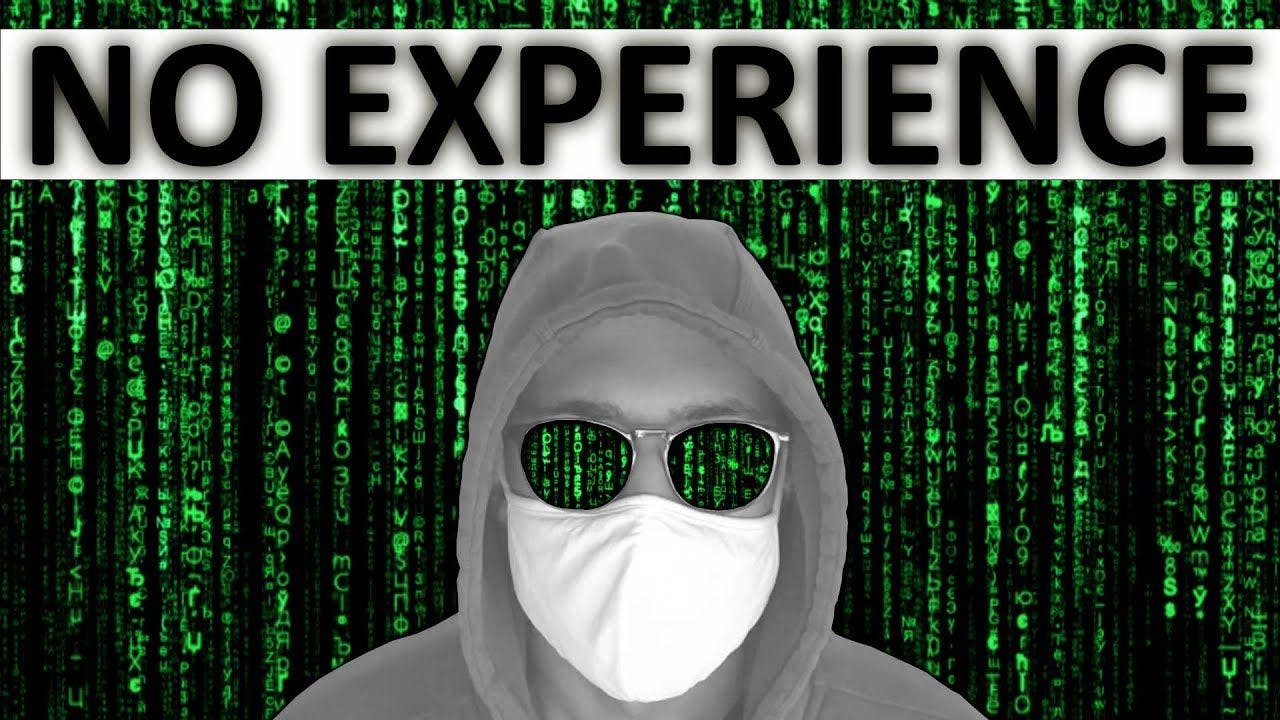645 reads
5 Tips for Breaking Into Cybersecurity with No Experience
by
November 25th, 2022
Audio Presented by

Hi, my name is Dmitry, I'm an electrical Engineer and as a hobby I study the world of mining, cryptocurrency.
About Author
Hi, my name is Dmitry, I'm an electrical Engineer and as a hobby I study the world of mining, cryptocurrency.
